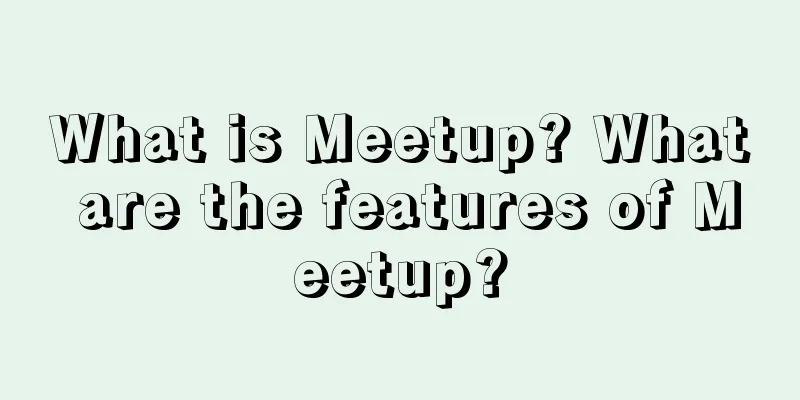Meetup is the world's largest local group network, founded by Scott Heifeman. Scott Heifman designed the Meetup website to help people find each other online and then meet in the real world. By registering people's interests and where they live, Meetup can identify potential groups and help them come together. Heifman believed that anywhere in the United States (and later anywhere in the world) potential groups would be happy to come together if someone could solve the problem of coordination and organization. Based on this intuition, he launched the service.
During the service, Scott Heifman found that the groups formed on the website can be divided into three categories: the first category is those who do not get support from the more popular American culture; the second category includes various people who are eager to gather with other members in real life. The popularity of this type of Meetup group shows that it is not enough to get together only online. Members believe that they have enough in common and want to get together in the real world; the third category includes admirers of cultural icons, whose works are weird enough to make admirers want to get together.
Meetup makes it easy to coordinate groups, thereby undoing at least some of the damage to the social fabric. Meetup ultimately didn’t recreate the old community model because it offered a different set of capabilities. The first to harness these capabilities and put them to best use are those groups that have a latent desire to come together but have in the past been constrained by insurmountable obstacles. These groups are not the classic interest groups of yesteryear. There are many surprising things in the most popular groups that can reveal something about today's society.

